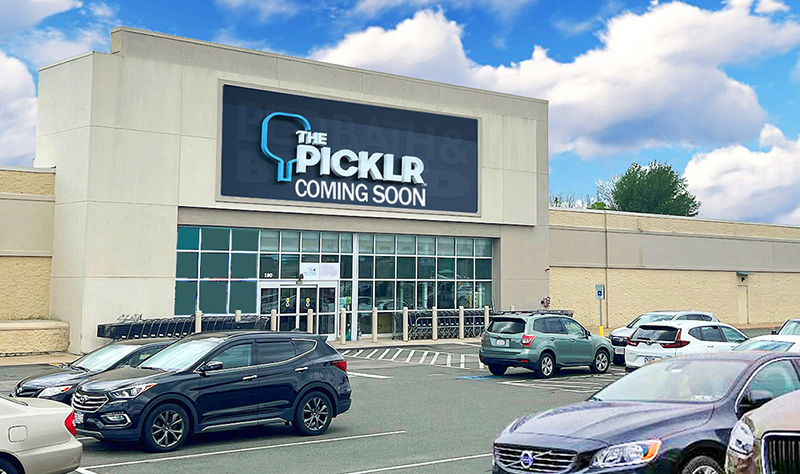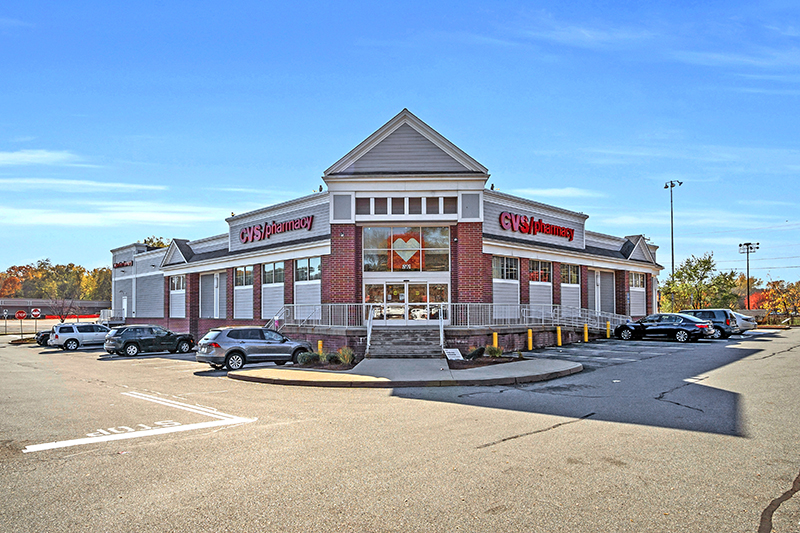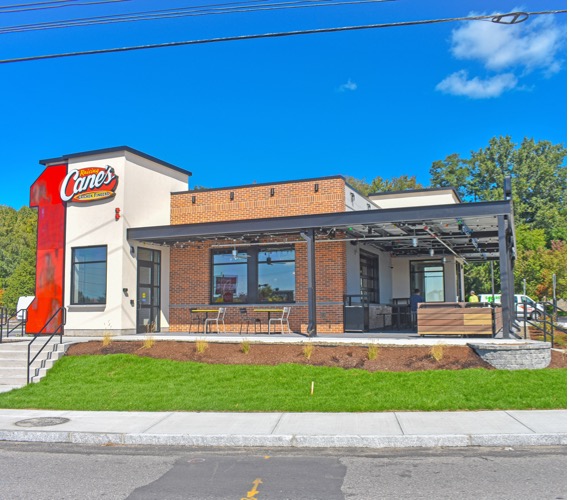News: Retail
Posted: August 23, 2012
Natural Systems Utilities provides new wastewater infrastructure delivery model
Wastewater management is undergoing a significant change in the real estate development and redevelopment market place. Due to a convergence of economic and environmental constraints, Natural Systems Utilities (NSU) has developed new strategies are needed to take advantage of technical innovations of the past several decades. NSU is an innovative infrastructure development and investment company which includes Applied Water Management (AWM), integrating an efficient turn-key design, build, operate and finance approach to sustainable infrastructure. NSU has 28 years of experience and leadership in water resource management with the long-term asset management perspective and capital resources of a utility company. This combination uniquely positions NSU as a comprehensive resource in assisting real estate developers and owners in meeting their immediate and long-term financial, resource stewardship, and sustainability goals. Key elements of a NSU's innovative strategy are:
* Design-build-own/operate approach saves time and money and reduces risk to developers and owners
* Financing and ownership of wastewater infrastructure frees up capital
* Water reuse can maximize development potential
* Fit the technology to the project, not the project to the technology.
Design-Build-Operate/Own-Finance (DBOF) services, can when used together, drive projects towards the best technology, smoothest implementation, most dependable performance, and highest economic value. The time from the beginning of design to construction completion is minimized with the design-build approach. DBOF enables the project developer to simply pay a monthly fee for wastewater services. NSU's New England office is known for using advanced state-of-the-art membrane bioreactor (MBR) treatment technologies to treat and recycle wastewater within very tight site constraints. NSU is also a leader in the use of wetland-based or wetland-inspired facilities that treat local water with minimal energy and chemical inputs. Treatment wetlands can be integrated as part of the open space amenities and can enhance existing natural ecologies. Reusing treated water lowers consumption demands and can provide additional capacity for a given site. While NSU has particular expertise with these systems, they can DBO any wastewater treatment technology.
A drive through the Northeast would pass many NSU treatment and reuse projects, including Clinton Crossing and Tanger Outlets in Connecticut. Examples of other NSU projects include:
Wrentham Village Premium Outlet - NSU designed, built and operates the membrane wastewater recycling facilities at this complex, the first commercial water reuse project permitted in Massachusetts. Wastewater treatment is provided for a 130-store outlet center, an office complex, hotel, movie theater and 450-seat restaurant. The recycled water is used for flushing with the excess sent to sub-surface recharge beds. The design reduced the overall expected cost of the plant by $1 million. The initial project's success led to NSU's commissioning to expand the facility to handle additional facilities.
Gillette Stadium and Patriot Place - NSU designed, built and operates the water and wastewater reuse systems for Gillette Stadium, home of the New England Patriots Football Team, and the surrounding economic redevelopment area called Patriot Place. In 1991, when the client decided to build a new stadium, the projected water usage flow required for the arena indicated that the town would not be able to supply the additional 600,000 gallons required and the municipal wastewater treatment facility be able to handle the additional wastewater flow. To resolve this issue, the municipality and the client cooperated in the construction of a wastewater reuse system that would help resolve both problems. NSU worked closely with Foxborough, the Patriots and an outside engineering firm to ensure that the facility met or exceeded the Town's requirements and was constructed within budget and on schedule.
Battery Park City is a redevelopment area of 92 acres under the control of the Battery Park City Authority of NYC, which adopted a mission of sustainable urban development for the redevelopment of this land, including water reuse objectives more advanced than the Leadership in Energy and Environmental Design (LEED) requirements. Currently there are five existing residential water reuse systems in Battery Park City which service six LEED certified buildings. NSU designed, built, and currently operates the wastewater and rainwater recycling systems within these buildings. These systems include advanced treatment technologies that consistently comply with New York's direct reuse standards.
Bruce Douglas is vice president of Natural Systems Utilities, Hillsborough, N.J.
Tags:
Retail
MORE FROM Retail
Mace of KeyPoint Partners negotiates 36,192 s/f lease for The Picklr at Endicott Square
Danvers, MA KeyPoint Partners (KPP) negotiated a lease with the nation’s premier indoor pickleball venue The Picklr at Endicott Sq. Vice president of retail brokerage Don Mace negotiated the transaction on behalf of the landlord.

Quick Hits




.jpg)


.png)